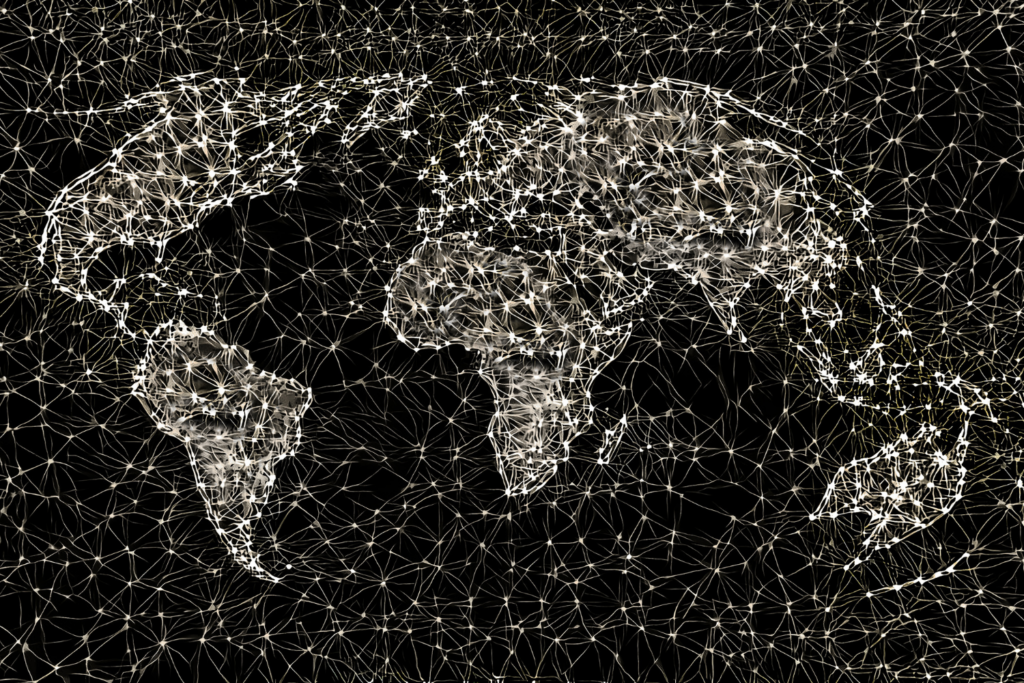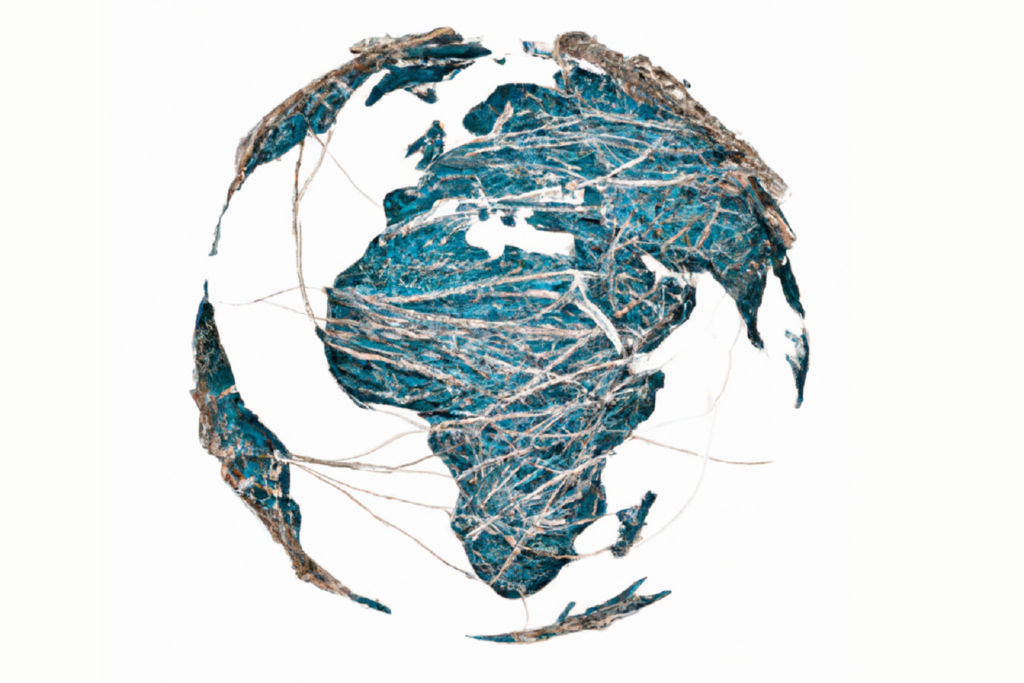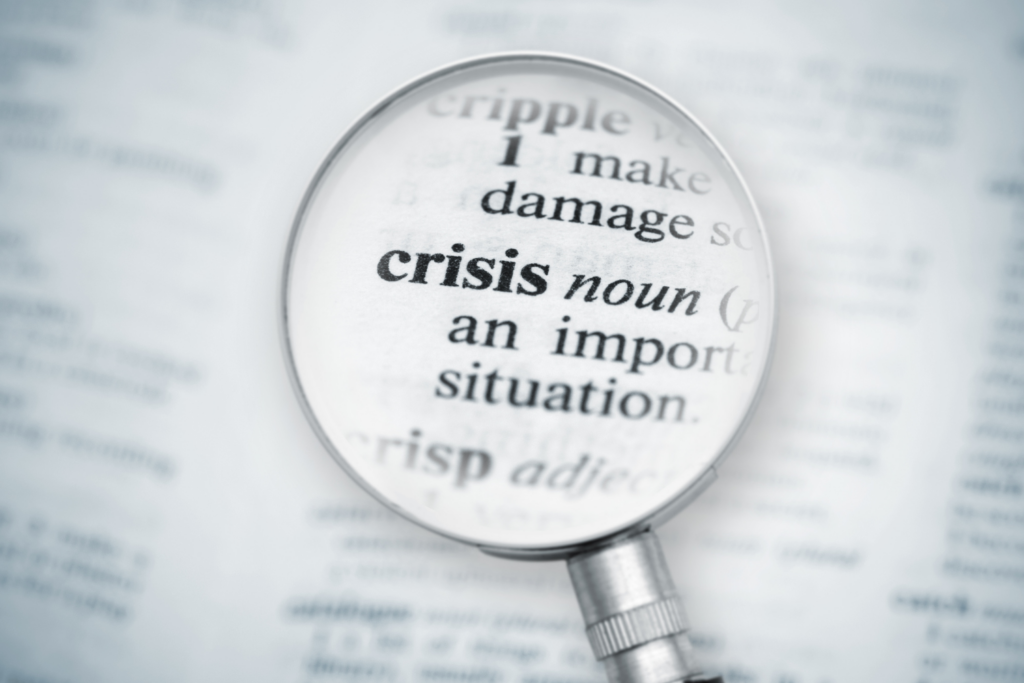A Polycrisis Q&A with Malte Brosig
In an interview with CIVIS (Europe’s Civic University Alliance), University of the Witwatersrand International Relations Professor Malte Brosig shares his definition of polycrisis (“multiple interlinked crises, which condition each other creating a system in their own right. A strong emphasis is placed on crisis interconnection cross cutting many spaces and policy fields”) and responds to […]
A Polycrisis Q&A with Malte Brosig Read More »










